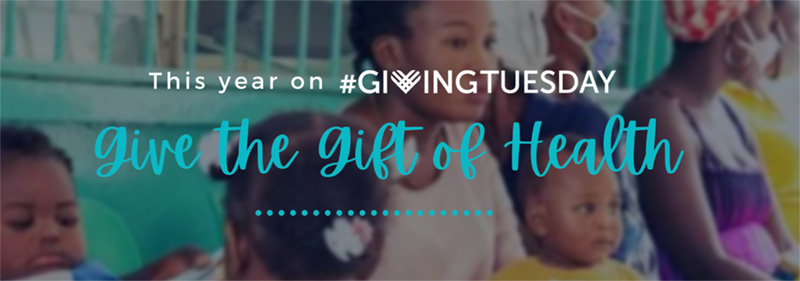C2C staff providing high-quality care closer to home
Look Again: Social Business in Haiti
By: Elizabeth Sheehan
When funders gather, they talk about bold and game-changing ideas. That’s what makes funding communities such exciting spaces: like-minded people coming together with shared goals, the financial capacity to make an impact, and a burning desire to see change happen. The best communities are tenacious and think big. As a philanthropist myself, I’ve gained wisdom, grounding, and inspiration from these groups.
But, in recent years, I’ve wondered: Are we intimidated by the thorniest challenges? Are we bandwagon-ing too much? I know what the term “donor darling” says about an organization, but what does it say about us?
For over two decades, I’ve been a member of the Threshold Foundation, a group of philanthropists who pool resources, passions, and expertise to engage in transformative grant-making. Threshold was a precursor to the collaborative philanthropy models that are exploding today and it’s gratifying to see those small, early efforts translated into a large-scale movement. In more recent years, I’ve become a member of Women Moving Millions and a founding community member of Co-Impact and I’m thrilled to see collaboration expected of grantors as much as it is of grantees.
But despite the philanthropic renaissance and re-thinking we are seeing in the world today, I’m continuously dismayed by the reaction I get with one provocative word:
Haiti.
I’ve been funding in Haiti since 2009 and – without a doubt – there are endless lessons and learning that come from a decade of close engagement with Haiti as the nation has struggled to find a path towards health and economic prosperity. I started out making traditional philanthropic gifts to the areas that are personal priorities for me, namely, the health of women and girls. But I quickly pivoted my focus to social business models because, like so many, I saw the pitfalls of traditional aid which – compounded by the influx of earthquake relief money – struggled to deliver real outcomes for people.
In more robust emerging markets, like East Africa, India, and South America, social enterprises are transforming how we think about social impact and how philanthropy can be harnessed to achieve sustainable aims. Big money is pouring into market-based approaches. But in Haiti? Support for social business is anemic.
I’ve had one too many funders tell me that they “just don’t think {insert idea} can work in Haiti”. Largely, these impressions are not based on any facts, experience, economic data, or knowledge of consumer behavior in Haiti.
On the eve of the Skoll World Forum, I am challenging funders and impact investors: look again.
You aren’t going to find easy answers in Haiti. The economy isn’t going to function like the emerging markets that feel safer and more familiar. But the possibility and potential that is burgeoning in Haiti deserves your attention. Social enterprise models are showing results that should make you question the prevailing wisdom that free public services – across the board – are the only future for Haiti. Setting aside the fact that that approach is logistically impracticable, who would pay for that in the years and decades ahead?
Take a look at SOIL’s EkoLakay toilet model that provides an affordable household sanitation solution while employing a cadre of micro-entrepreneurs (bonus: it’s great for the environment). Take a look at how D’Lo Haiti leverages technology and a last-mile distribution model to ensure affordable clean water to tens of thousands. Take a look at C2C’s public-private partnership with the Ministry of Health to get every public clinic in northern Haiti delivering high-quality care at price-points that are lower than current public-sector pricing.
These social business models are leveraging every dollar in new, catalytic ways and – crucially – they’re showing us what the future could look like, where the private and public sectors meaningfully collaborate, and the financial models are dynamic and don’t rely on a one-way flow of funding from the US.
The time is long overdue to look again at Haiti. Join me. Let’s talk.

